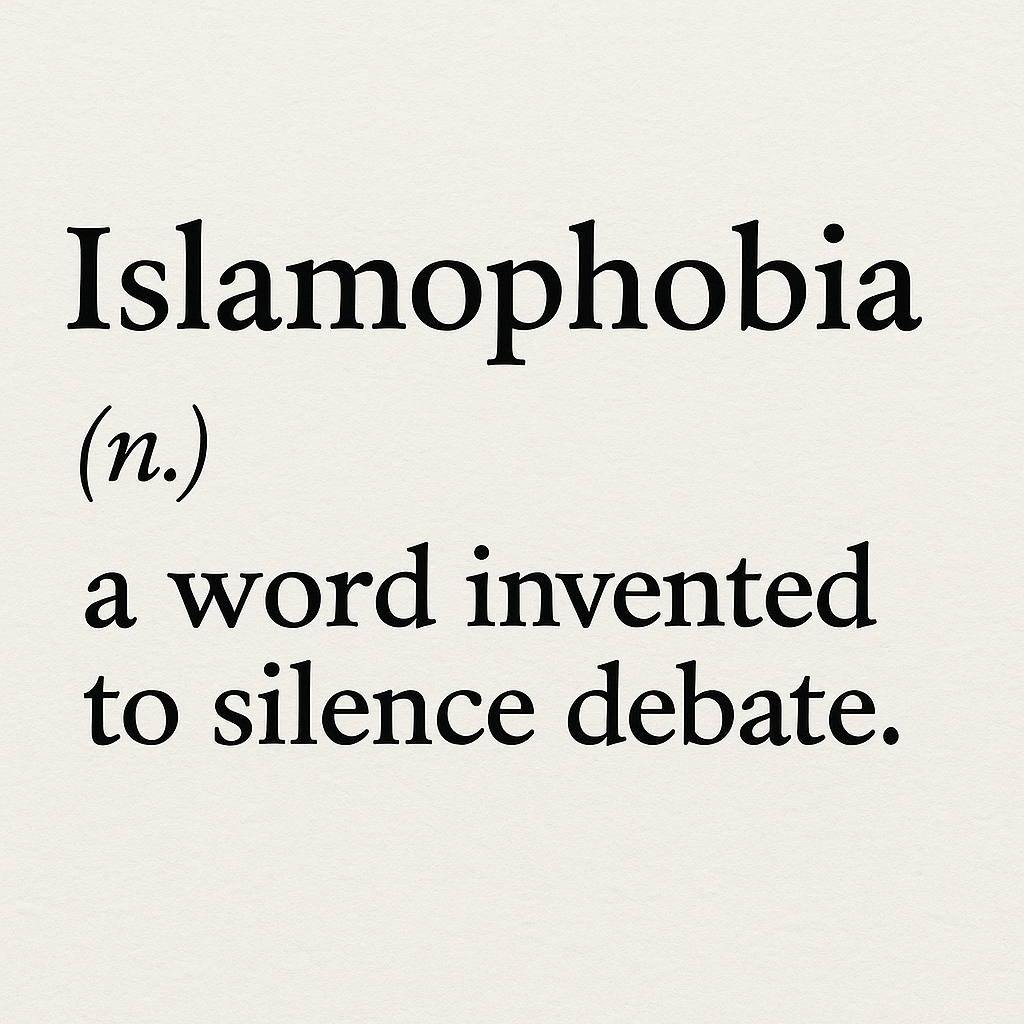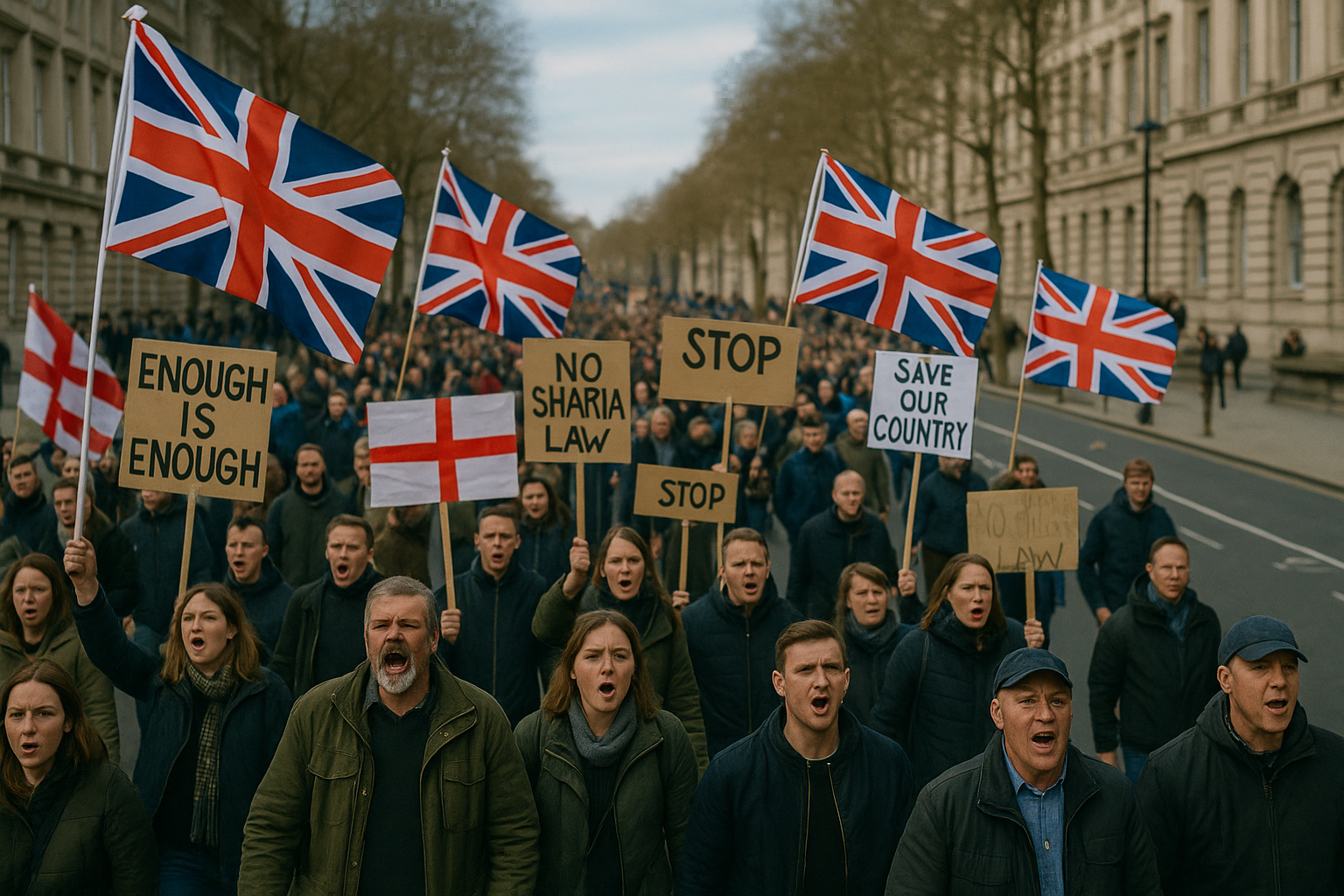Protest. It’s as old as civilisation itself. Ever since some poor sod realised the king was taxing his sheep unfairly, or the local warlord had stolen the last barrel of mead, people have gathered in the streets, banged pots, waved fists, and told the powers-that-be exactly what they thought of their latest nonsense. From peasants with pitchforks to students with iPhones, protest has always been the pressure valve that stops society exploding completely.
But let’s not romanticise it too much. Protest has always been messy, loud, and inconvenient. That’s the whole bloody point. You don’t change the course of history by politely asking in a whisper if Parliament wouldn’t mind lowering your taxes. You change it by standing shoulder-to-shoulder, refusing to budge, and making the elite sweat in their palaces.
The Romans hated protests, which is funny considering they were pretty good at rioting themselves whenever the bread ran out or the gladiators weren’t entertaining enough. Fast forward to medieval Europe, and you’ve got peasants revolting (literally and figuratively). France? Don’t even get me started. Those lads chopped off heads for sport in the late 1700s, and called it “liberty.”
The 20th century saw protest become more organised, more global, and — ironically — more fashionable. From Martin Luther King’s march on Washington to Solidarity in Poland, protests became televised events that defined nations. And here’s the kicker: most of the time, these movements weren’t about being “progressive” in the way the modern Left uses the word. They were about real rights — freedom, dignity, survival.
Here’s where the Left’s selective memory kicks in. For decades they’ve painted protest as their own personal weapon — a flower in the barrel of the gun, a raised fist in the face of “the man.” But history doesn’t back them up. The Right has just as much claim to protest as anyone else. Farmers in Holland protesting against insane climate regulations? Protest. Truckers in Canada protesting lockdown tyranny? Protest. Brits fed up with mass uncontrolled migration? Protest.
Yet the minute these movements lean to the right, the media’s pearl-clutching begins. Suddenly, it’s not “the people rising up.” No, no, it’s “far-right extremism.” It’s “dangerous nationalism.” Funny how climate activists can glue themselves to motorways and block ambulances, and it’s called “civil disobedience.” But working-class people demanding a say in their country’s future? That’s “hate speech” apparently.
Let’s be real — Britain is sitting on a powder keg right now. Mass uncontrolled immigration, cultural friction, Islamic extremism ignored for decades, and a government more interested in silencing its citizens than serving them. The people are restless, and history tells us that when you ignore the majority for long enough, they stop asking politely.
The Left calls it “Islamophobia.” The Right calls it “waking up.” Ordinary Brits, from Yorkshire lads to London mums, are watching their communities change beyond recognition and being told to shut up about it. And when they do speak, they’re slapped with labels, bans, and in some cases even arrests. Free speech is evaporating faster than a pint in a pub garden.
And here’s the irony: protests are supposed to prevent things from reaching breaking point. They’re the safety mechanism. If you suppress protest long enough, you don’t stop the anger — you just bottle it until it explodes. History’s littered with regimes that learned that lesson too late.
If you believe in democracy — real democracy, not the polished PR version politicians trot out — then you believe in protest. Not just the ones you like, not just the causes that make you feel virtuous. All of them. Because once you let the state decide who can and can’t protest, you’ve already lost.
That’s why defending the Right’s protests matters more than ever. Because the Left already has the media, the universities, the NGOs, and the politicians eating out of their hands. The Right? All it has is people — ordinary, hardworking, fed-up people — taking to the streets to say, “Enough.”
And if you silence them? Don’t be surprised when the protests stop looking like protests and start looking like revolts.
Protests aren’t going away. They never have, they never will. The only question is whether governments will respect them as the voice of the people, or crush them and invite something much uglier. History suggests the choice is obvious — but then again, history has a nasty habit of repeating itself when idiots are in charge.









